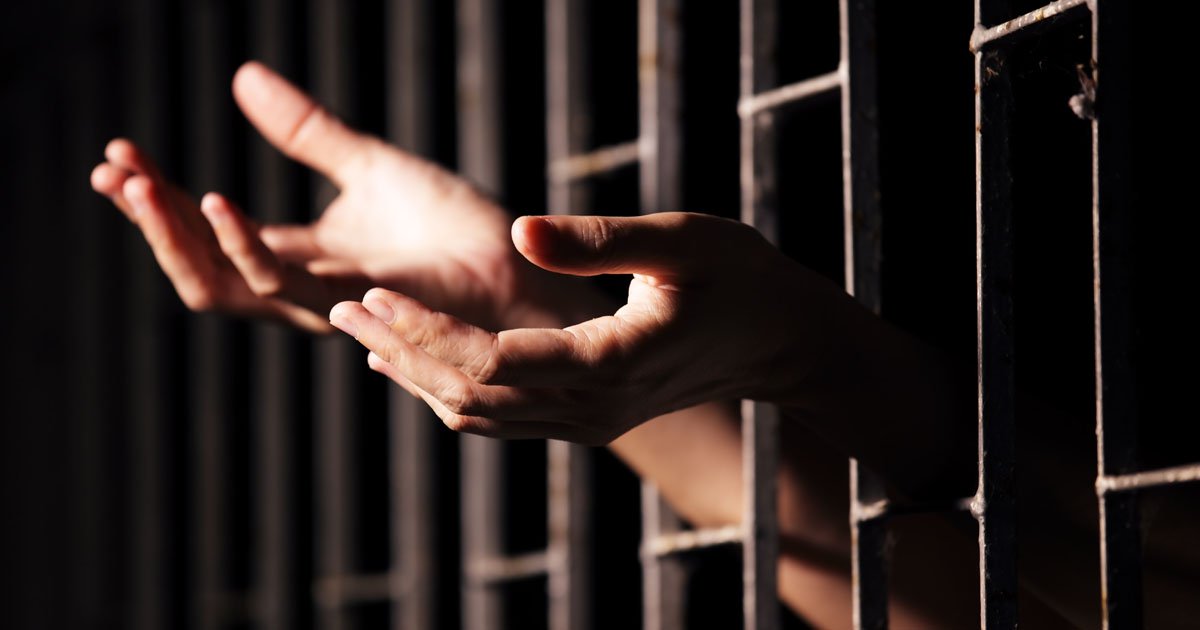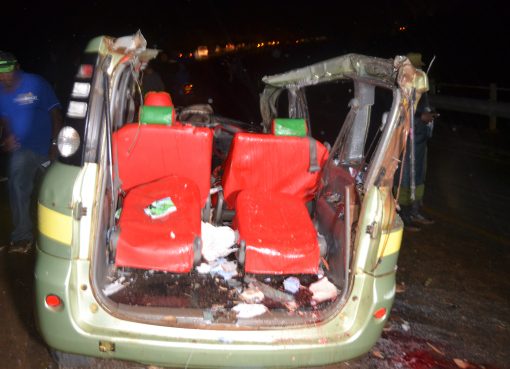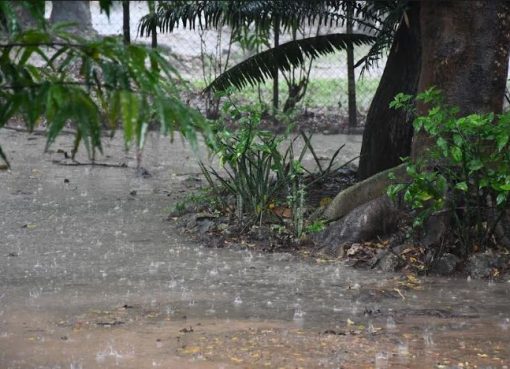At least 142 inmates are expected to be reintegrated in the community in Laikipia County in bid to decongest the prisons.
According to Laikipia County Director, Department of Probation, David Mbui, once the High Court Judge assigned to handle probation reports recommend them for reintegration based on their case files, the offenders will be expected to serve Non-Custodial Sentences.

Those expected to be reintegrated are inmates serving jail sentences of three years and below
The decongestion exercise which is done in collaboration with the national coordinator from the judiciary and probation department are targeting to offload crowded prisons in Laikipia due to Covid-19 virus.
“Covid-19 has played part in us conducting this exercise, however, we do it periodically. Our prisons are overcrowded and for us to be able to stem down the Covid-19 scourge, we have to offload our prisons,” Mbui said.
“This is done after assessment of the prison population and the capacity it is supposed to hold,” he further explained. Speaking to the media in Nanyuki, the Director said that the 142 inmates are expected to be assigned community services in bid to help them reform.
“Since their jail term is not over, we are going to engage them to work for the community without pay. We let the community know that we are going to work with them to make sure they perform the work. We shall also be counselling them so that they change their character and reform,” Mbui said.
“We will also monitor them to make sure they do not commit an offense during the period they are engaged in community service,” Mbui added.
Mbui said that, after analysing and identifying where every inmate comes from, they are going to the community to do sensitization to accept them back (inmates).
“After we get that basic information, we now go to the field and try to reintegrate them. Reason for going to the field is to remind the community about them (inmates) and do sensitization so that they accept them and avoid conflict,” he said.
He said, in some instances, communities do not allow reintegration of those who have committed crimes, fearing that they may have not reformed.
“Normally we do our part by going to the field and interviewing them. And assess if someone is suitable because there are those the community rejects completely. Some of them have committed offenses several times and when released they repeat the same mistakes,” Mbui noted.
“The High Court Judges recommend offenders to work for the community based on the reports we present them,” he further added.
The Probation Director noted that local administration has supported them in crime prevention.
“Local chiefs, Nyumba Kumi and village elders are of great importance. They help us penetrate in all parts of the community. They are part and parcel of our work in the reintegration process. We also educate them on crime prevention. Our Success rate is 99 per cent because we do what the community wants by holding barazas and family conferences to guide the offenders,” he said.
He urged Kenyans to report those involved in criminal activities and at the same time to seek help from authorities as a way of avoiding breaking the law.
“I would like people to know that the State does not like punishing them. It is us who breaks the law. The State protects everyone. If there is a problem, report it to the authorities. Give them your problem and they will guide you properly. Like the Nyumba Kumi is working very well,” he concluded.
A probation is when offenders serve their jail term out of prison under close supervision, subject to good behaviour.
However, according to Probation Offenders Act Cap 64 and Community Service Orders Act Cap 93, those who commit serious crimes for instance sexual violence, terrorism and corruption are exceptional.
By Muturi Mwangi




